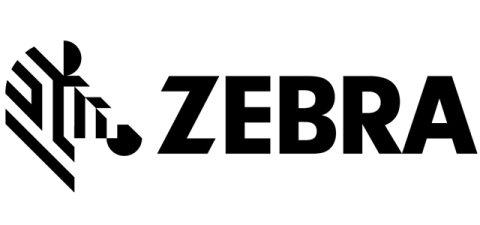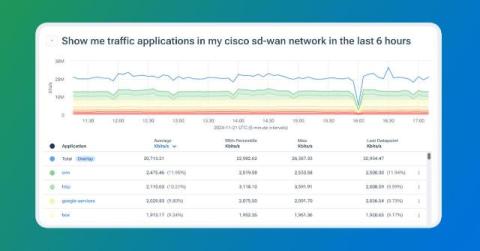Grafana Cloud in 2024: Year in review
Throughout 2024, we made a ton of updates to Grafana Cloud, our fully managed, cloud-hosted observability platform powered by the Grafana LGTM (Loki for logs, Grafana for visualization, Tempo for traces, Mimir for metrics) Stack. And, looking back, most of those updates were made with the same three goals in mind: to make Grafana Cloud more efficient, more intelligent, and easier to use, including for those just starting out on their observability journey.











